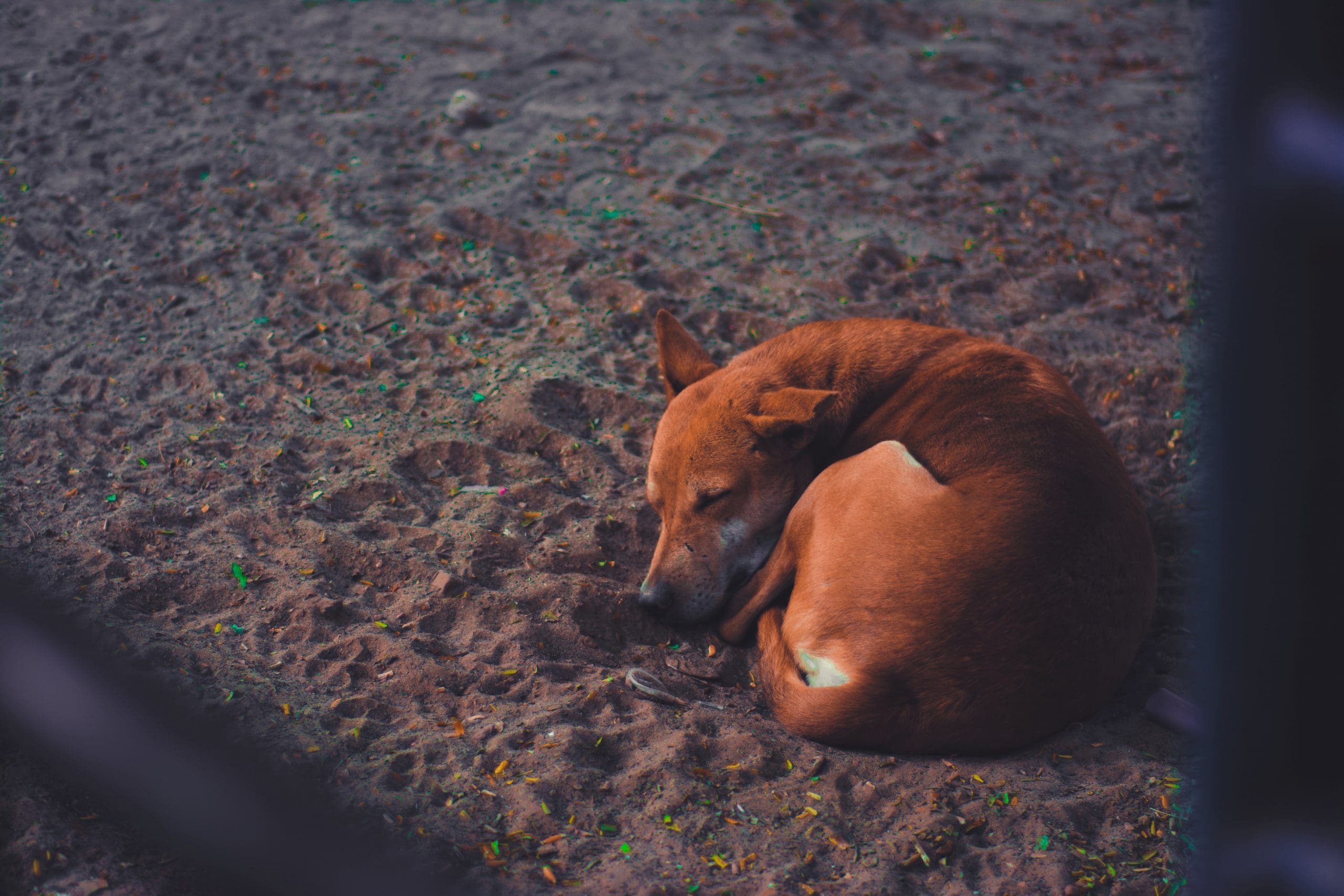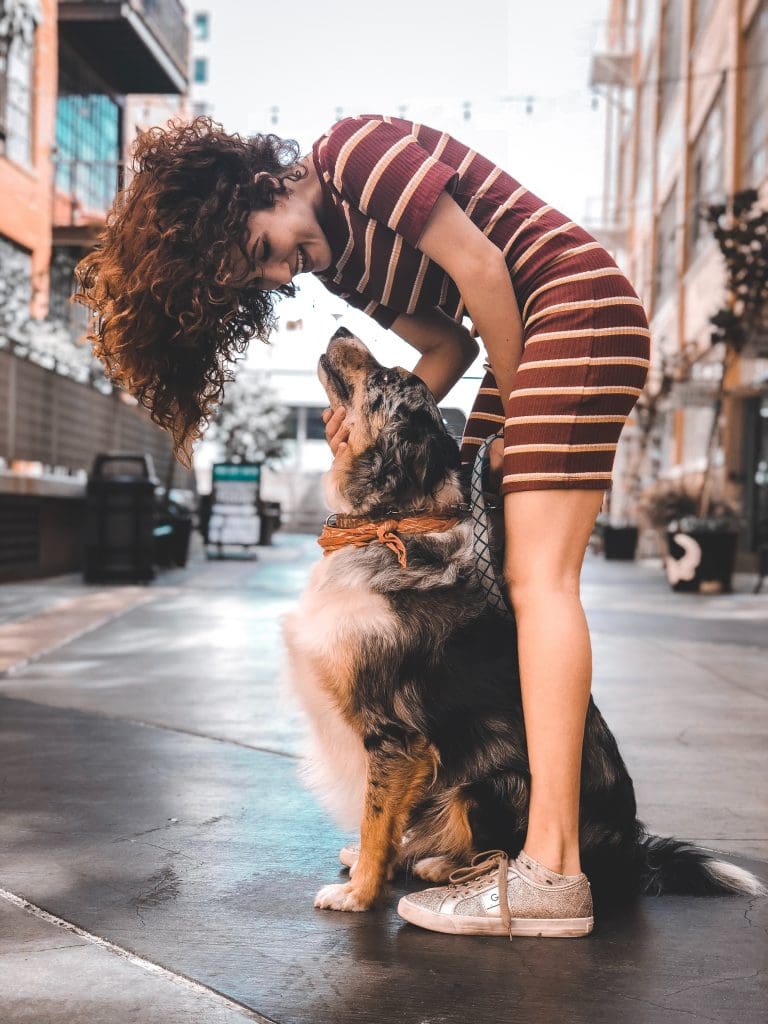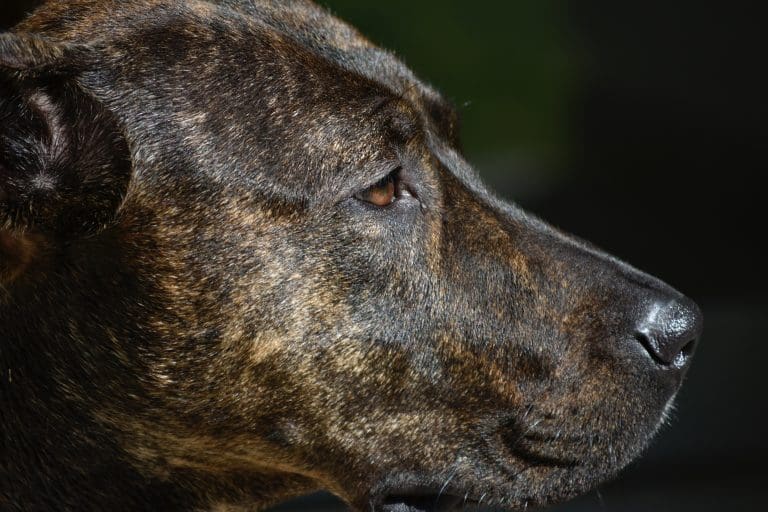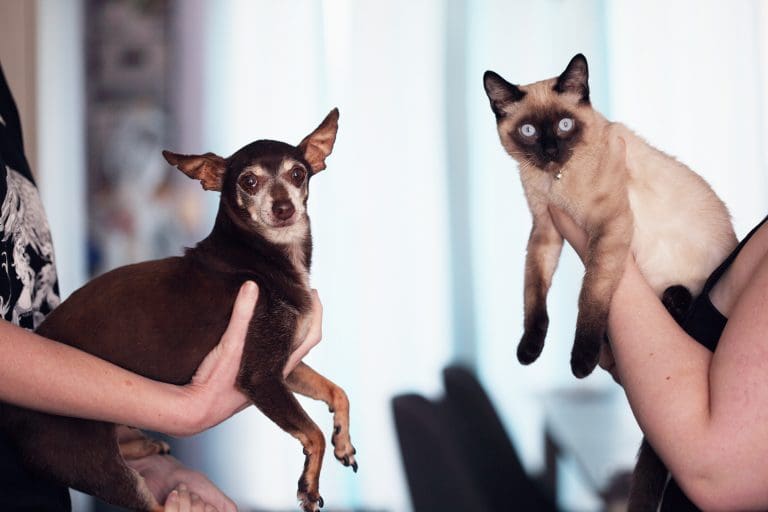Why Do Dogs Sniff Before They Poop?
Post Date:
December 10, 2024
(Date Last Modified: December 13, 2024)
The ritual of dogs sniffing the ground prior to relieving themselves is a behavior that piques curiosity. Observing your dog circle and sniff intently might lead to questions about the reasons behind this habit. Delving into this natural instinct reveals insights into how dogs engage with their environment and each other.
The Power of Smell
Dogs possess an extraordinary sense of smell, far surpassing that of humans. While humans have around 5 million scent receptors, dogs have between 220 million and 300 million, depending on the breed. This remarkable olfactory ability enables dogs to extract a wealth of information from their surroundings, making sniffing an essential part of their exploratory process.
Safety and Territory Assessment
Before a dog poops, sniffing serves multiple key functions. It allows dogs to assess whether an area is safe. By detecting scent markings left by other animals, they can gather information about recent visitors, their diet, and even their emotional state. This behavior is crucial for social animals like dogs, who depend on these cues to navigate their relationships with other canines.
Additionally, the act of sniffing aids in recognizing potential threats. In the wild, dogs were vulnerable while in the process of relieving themselves, so a thorough sniff could alert them to dangers nearby. Domesticated dogs retain this instinct, ensuring they feel secure before they take care of business. Familiar surroundings often provide comfort, making them preferable spots for pooping.
Communication Through Scent
Scent is a vital form of communication among dogs. When dogs sniff an area, they gather insights about other dogs that have been there. This understanding of the social dynamics in their environment is essential for their interactions. By analyzing another dog’s scent, they can learn about its health, diet, and emotional state, fostering social connections.
Preparation Ritual
The sniffing behavior can also be viewed as a preparatory ritual. Similar to how humans may take a moment to relax before using the restroom, dogs engage in this behavior to prepare themselves physically and mentally. It allows them to concentrate on the task at hand, ensuring they are ready to relieve themselves.
Sensitivity to the Environment
Dogs are highly attuned to changes in their environment. Encountering new smells can trigger a range of instinctual responses. For example, detecting the scent of a new animal might intrigue them or prompt caution. Consequently, dogs may spend more time sniffing in unfamiliar areas than in familiar ones.
Influence of Training and Socialization
Training and socialization play a significant role in shaping a dog’s behavior, including their pooping rituals. Puppies learn from their mothers and littermates, picking up cues about appropriate behavior in various situations. Well-socialized dogs navigate their environment with confidence, while those lacking social experiences may be more hesitant during these moments.
Enhancing the Owner-Dog Bond
Understanding this behavior fosters a deeper bond between dogs and their owners. Recognizing the purpose behind sniffing encourages owners to be more patient during walks. Allowing dogs time to sniff not only satisfies their natural instincts but also enhances their overall experience. This patience cultivates a more relaxed dog, contributing to better behavior during outings.
Health Considerations
While sniffing is a typical behavior, excessive sniffing or changes in bathroom habits can indicate health issues. If a dog appears overly anxious or shows signs of distress while sniffing, or if their pooping habits change significantly, consulting a veterinarian is advisable. Monitoring a dog’s health is an essential aspect of responsible pet ownership.
Appreciating the Complexity of Dog Behavior
Dogs’ sniffing behavior before pooping is deeply rooted in instinct and social needs. Recognizing this behavior provides valuable insight into how dogs perceive their world. Understanding their need for safety, communication, and preparation enriches the relationship between dogs and their owners. Allowing time for sniffing not only satisfies a dog’s natural instincts but also enhances their environment, highlighting the complexity of these beloved companions.






